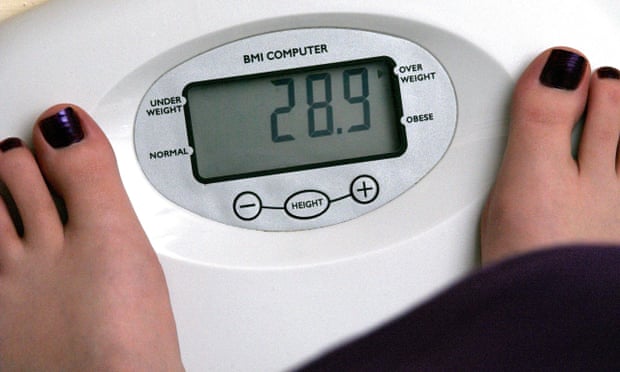
Making overweight and obese people feel bad about their size does not encourage them to shed excess pounds – and may even make them put on more weight, researchers found.
The researchers monitored almost 3,000 UK adults over a four-year period. They found that the 5% who experienced “weight discrimination” gained an average of 0.95kg over that time while those who did not lost an average of 0.71kg.
The team, from University College London, said their findings – which are published in the journal Obesity – contradict the common perception that “fat shaming” helps people lose weight.
They suggested that people may comfort eat as a result of being discriminated against because of their weight.
“There is no justification for discriminating against people because of their weight,” said the lead author Dr Sarah Jackson from UCL.
“Our results show that weight discrimination does not encourage weight loss, and suggest that it may even exacerbate weight gain.
“Previous studies have found that people who experience discrimination report comfort eating. Stress responses to discrimination can increase appetite, particularly for unhealthy, energy-dense food.
“Weight discrimination has also been shown to make people feel less confident about taking part in physical activity, so they tend to avoid it.”
Prof Jane Wardle, director of the Cancer Research UK health behaviour centre at UCL, added: “Our study clearly shows that weight discrimination is part of the obesity problem and not the solution. Weight bias has been documented not only among the general public but also among health professionals, and many obese patients report being treated disrespectfully by doctors because of their weight.
“Everyone, including doctors, should stop blaming and shaming people for their weight and offer support, and where appropriate, treatment.”

